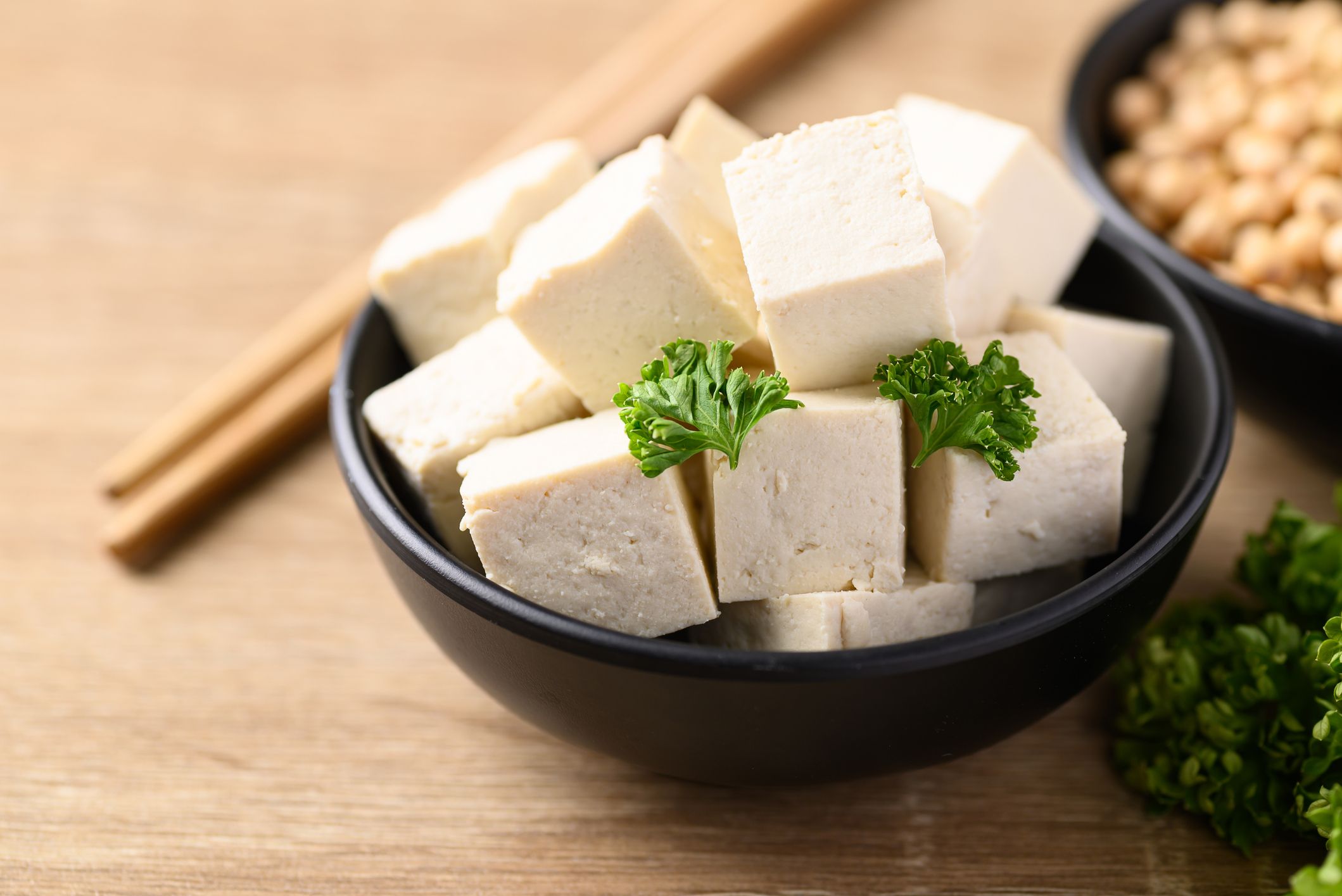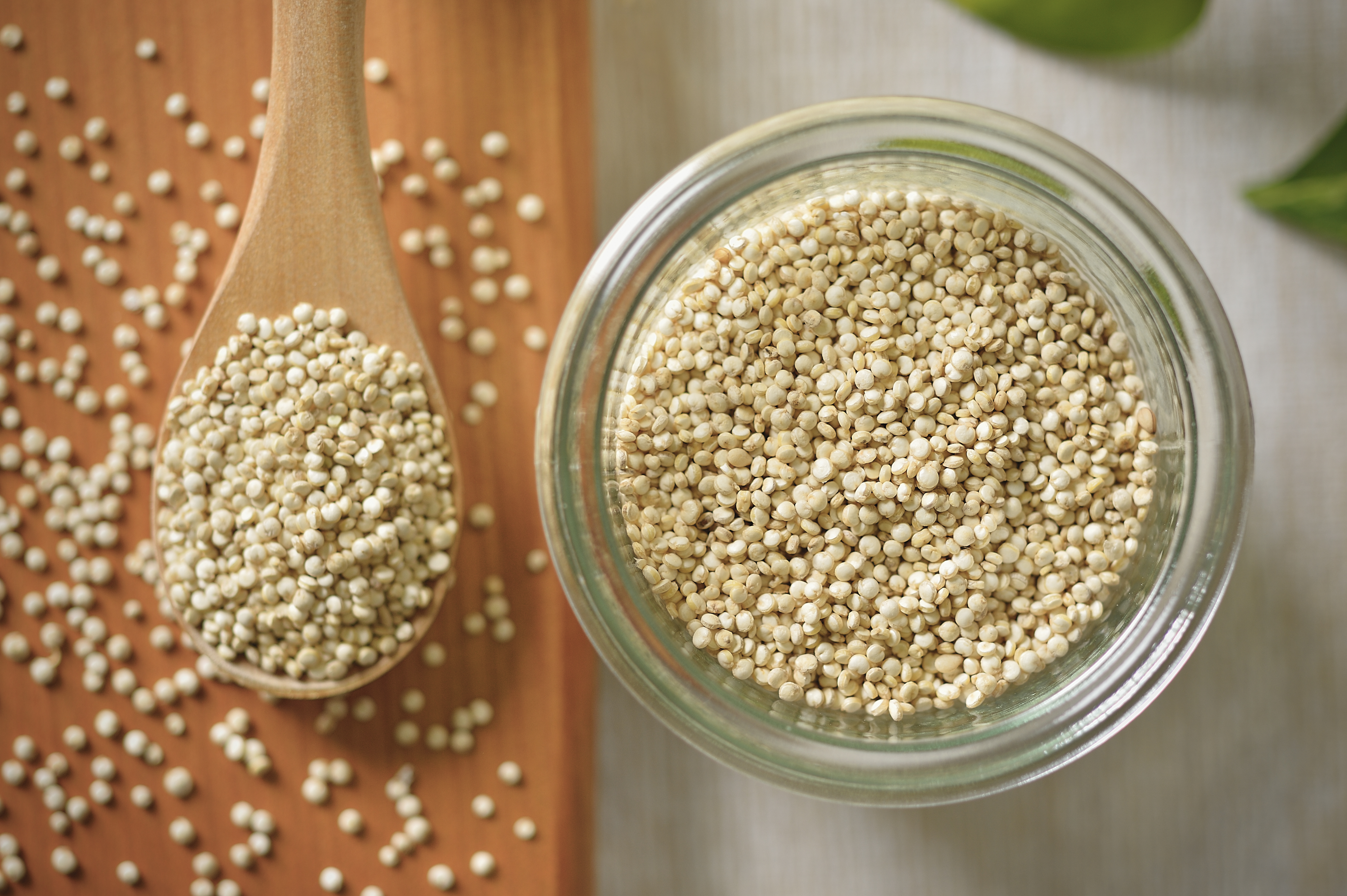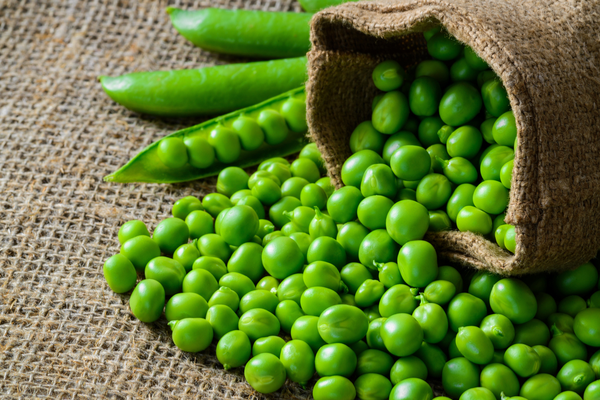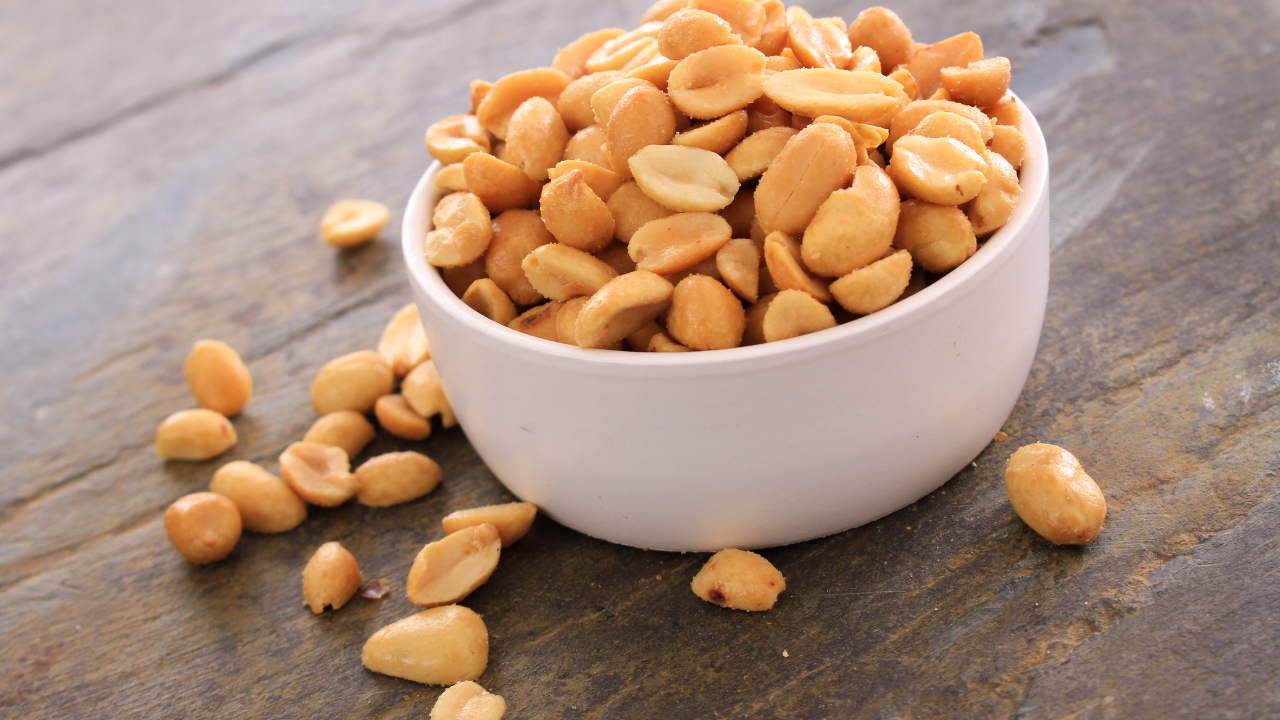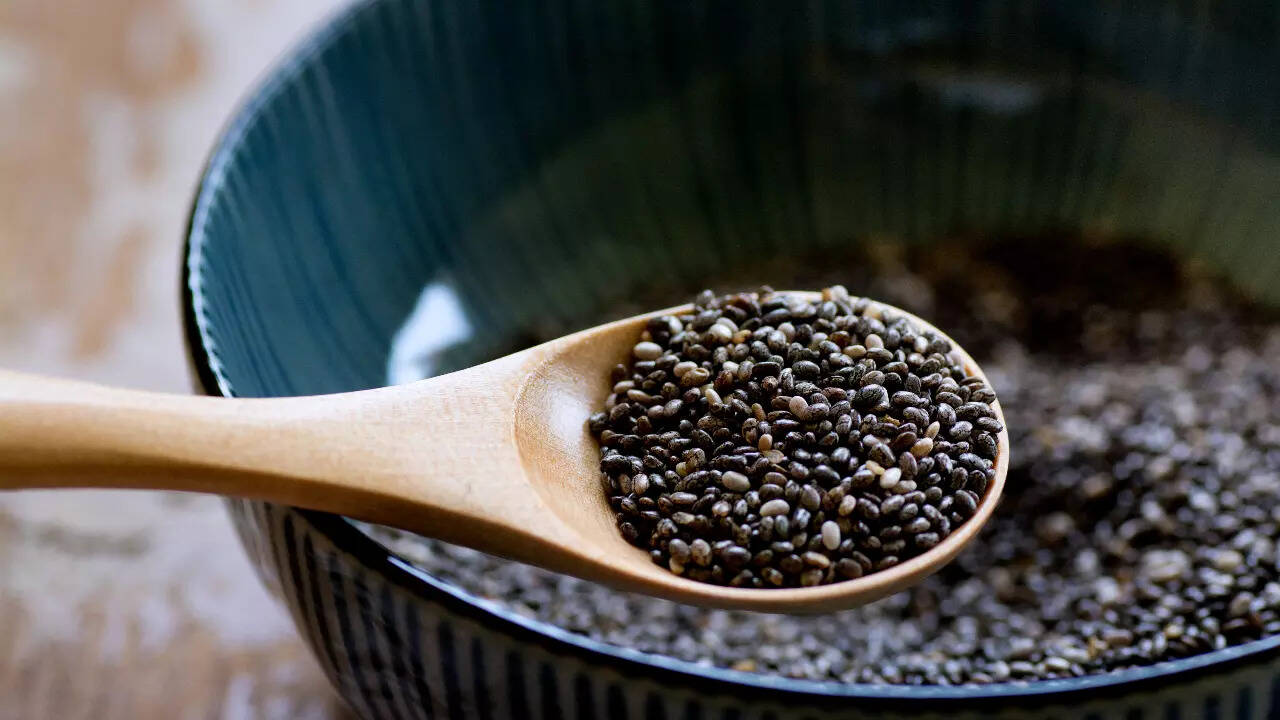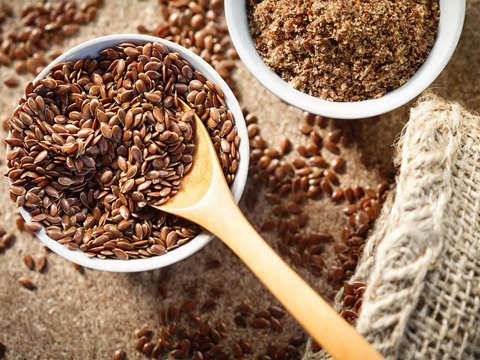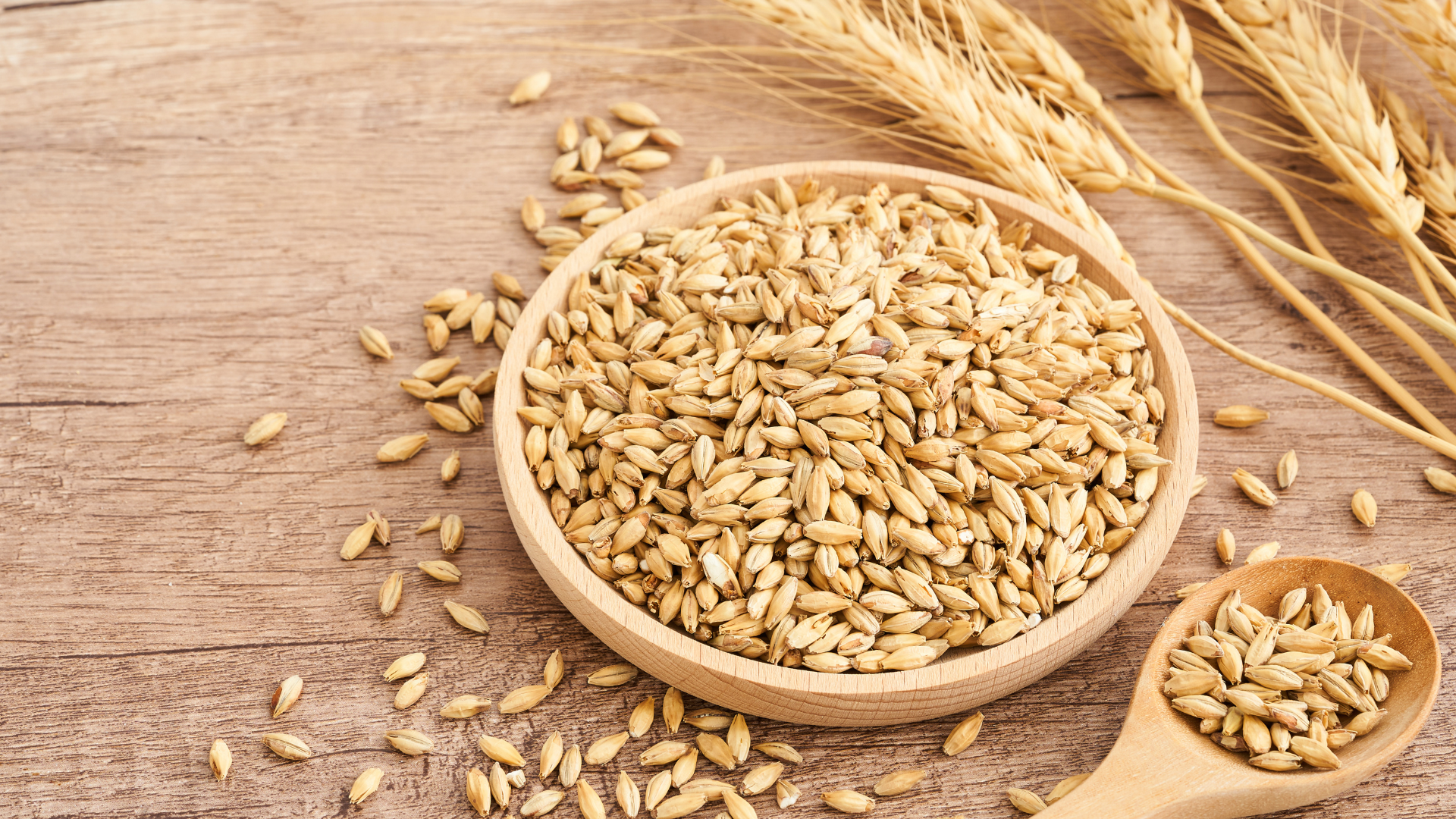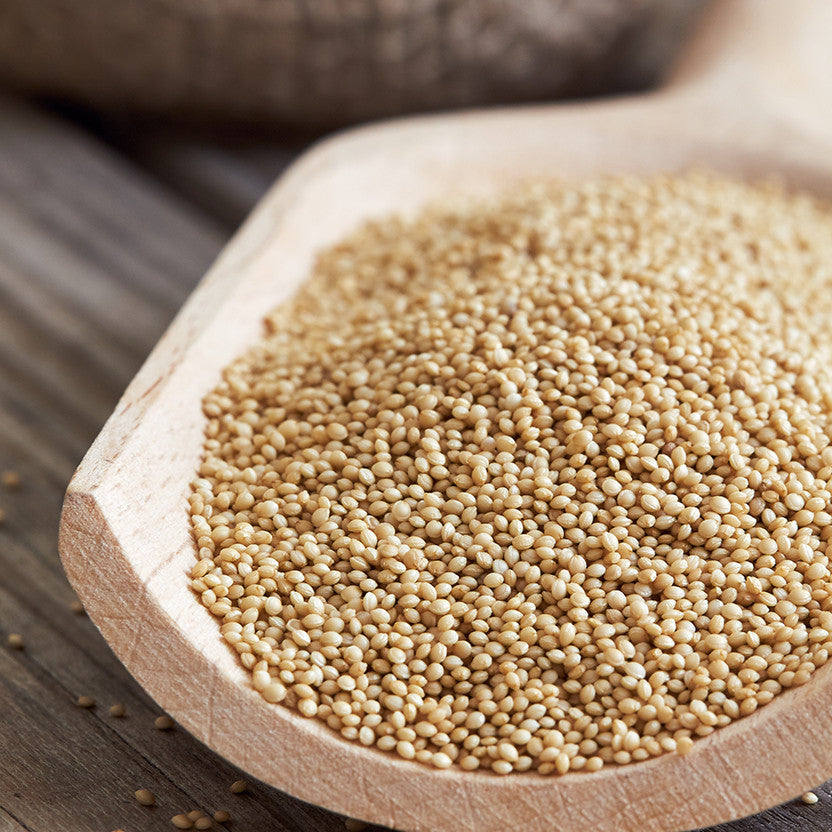If you're a vegetarian in India, chances are you've heard people say things like,
“How do you get enough protein without eating meat?”
Well, here’s the good news: you absolutely can get enough protein from a vegetarian Indian diet — no eggs or supplements needed!
Whether your goal is to stay fit, lose weight, build muscle, or just eat healthier, this guide will help you discover the top 15 vegetarian protein-rich foods that are not only healthy but also easily available in every Indian kitchen.
Let’s dive in!
🟢 Why Do We Need Protein?
Protein is essential for your body — it helps repair muscles, builds tissues, supports hair and skin health, and even keeps you feeling full for longer.
If you're following a plant-based diet, you need to be smart about your choices to meet your daily protein needs.
✅ 1. Paneer (Cottage Cheese)
Protein: ~14g per 100g
One of the most loved foods in Indian households, paneer is not only delicious but also packed with protein.
Whether it’s in curry, tikkas, or bhurji, paneer is a great way to add more protein to your meals.
✅ 2. Tofu (Soy Paneer)
Protein: ~10g per 100g
If you're looking for a vegan option, tofu is perfect. Made from soy milk, it's a healthy alternative to paneer and works well in curries, stir-fries, or salads.
✅ 3. Lentils (Dal)
Protein: ~9g per 100g (cooked)
Moong, masoor, urad, and toor dal — we all eat them daily, right? These dals are rich in protein and also good for your digestion.
A bowl of dal chawal is comfort food and a protein meal!
✅ 4. Chickpeas (Chana/Chole)
Protein: ~19g per 100g (boiled)
Chana is one of the best plant-based protein sources in India. You can cook it as chole, make hummus, or just roast it for a crunchy snack.
✅ 5. Kidney Beans (Rajma)
Protein: ~8.7g per 100g (cooked)
Rajma chawal lovers, rejoice! Apart from being tasty, rajma is full of plant protein, fiber, and iron.
✅ 6. Soya Chunks (Nutri Nuggets)
Protein: ~52g per 100g (dry)
Soya chunks are probably the highest protein food for vegetarians in India. Cook them in curry or add them to biryani – they soak up flavor and provide a big protein punch.
✅ 7. Quinoa
Protein: ~14g per 100g
Quinoa might be a new name for many, but it's worth trying. It’s a complete protein (has all 9 amino acids) and can be used like rice or in salads.
✅ 8. Green Peas (Matar)
Protein: ~5g per 100g
Green peas are more than just a sabzi ingredient. Add them to pulao, poha, or parathas — they’re light, tasty, and protein-rich.
✅ 9. Peanuts (Mungfali)
Protein: ~25g per 100g
Roasted peanuts or peanut chutney are not just tasty but also full of protein and good fats. They're great as snacks or even in sabzis and chutneys.
✅ 10. Almonds & Mixed Nuts
Protein: ~21g per 100g (almonds)
A small handful of nuts like almonds, walnuts, and cashews in the morning can give your body protein, energy, and essential fats. You can even add them to smoothies or oatmeal.
✅ 11. Chia Seeds
Protein: ~16g per 100g
These tiny seeds are a superfood. Soak them overnight and add them to smoothies, puddings, or curd. Great for protein, fiber, and omega-3s!
✅ 12. Flaxseeds (Alsi)
Protein: ~18g per 100g
Flaxseeds are great for both protein and heart health. Roast and grind them, then mix with atta or sprinkle on food. Just 1-2 teaspoons a day can make a difference.
✅ 13. Oats
Protein: ~13g per 100g
Start your day with a protein-rich bowl of oats. They're not only good for your heart but also keep you full for hours. Add milk, fruits, nuts, and you're set.
✅ 14. Whole Wheat (Roti/Chapati)
Protein: ~9g per 100g
Did you know even your regular roti gives you protein? Combine it with dal or paneer, and you’ve got a complete protein-rich meal.
✅ 15. Amaranth (Rajgira)
Protein: ~14g per 100g
Rajgira or ramdana is an ancient Indian grain loaded with protein, calcium, and iron. You can eat it as laddoos, parathas, or in fasting recipes.
💡 Smart Tips to Boost Protein in Your Meals
🍛 Combine dal + rice or roti + chana for better protein absorption
🥗 Add nuts and seeds to your salad, smoothie, or sabzi
🥣 Use curd, paneer, tofu, or soya at least once a day
🌱 Try sprouted moong/chana for snacks – they’re higher in protein and vitamins
🧠 Common Questions (FAQs)
Q. Can vegetarians get enough protein without supplements?
A. Yes! With the right foods like lentils, tofu, soya, and nuts, you can meet your protein needs naturally.
Q. Is it okay to eat soya daily?
A. Yes, in moderate amounts (40–50g/day), soya is perfectly safe and healthy for most people.
Q. Which dal has the most protein?
A. Urad dal and moong dal have some of the highest protein content among dals.
📌 Final Thoughts
Being vegetarian in India is not a problem when it comes to getting enough protein — you just need to make smart food choices.
By including these 15 plant-based protein foods in your meals regularly, you’ll stay healthy, energized, and strong — naturally.
So next time someone asks,
“Where do you get your protein from?”
You know exactly what to say (and eat)!



